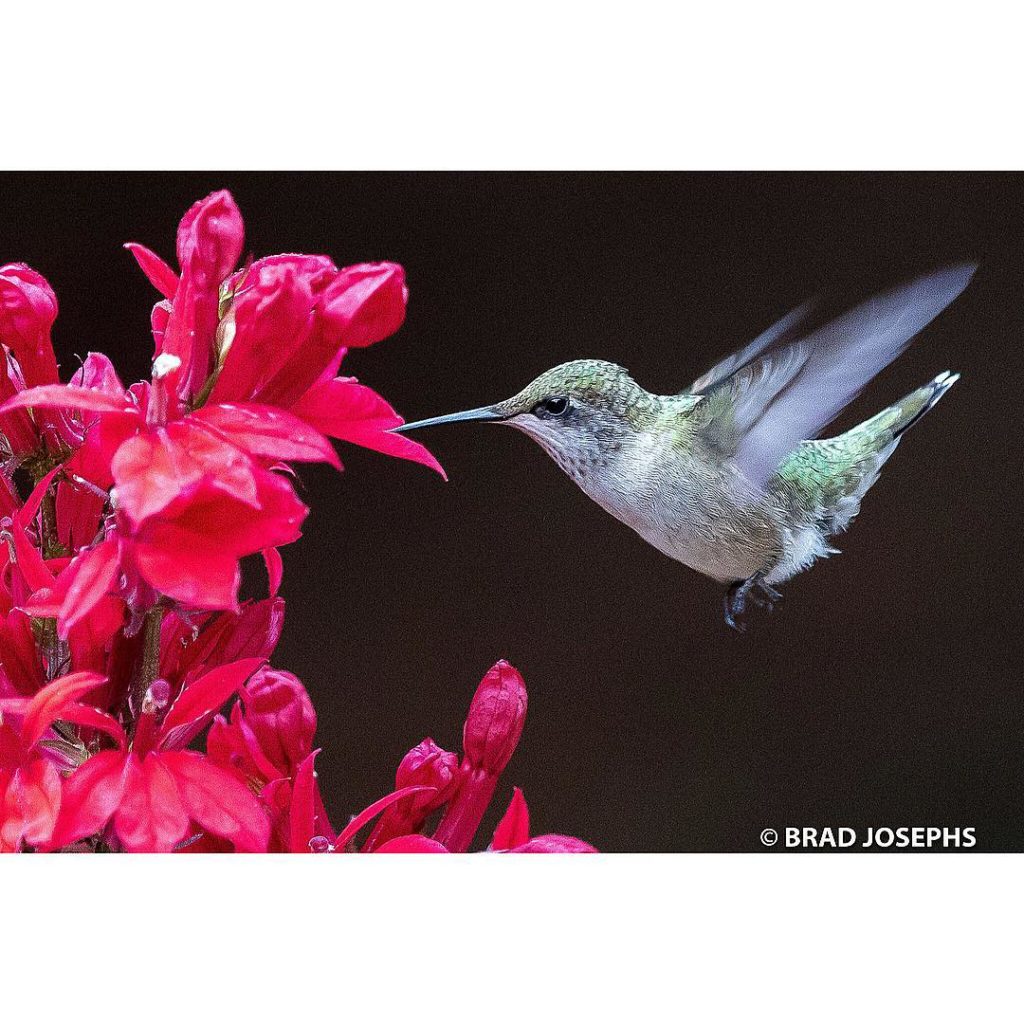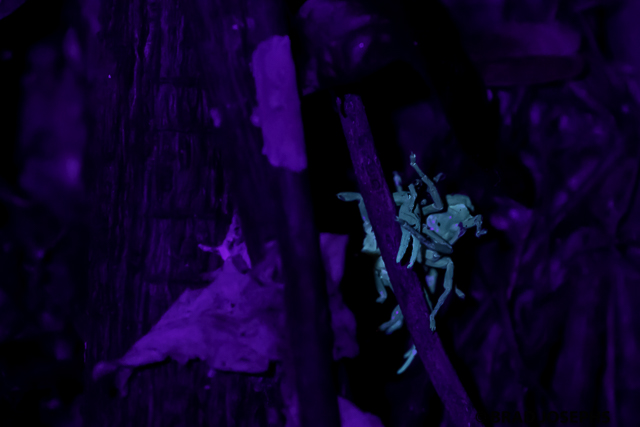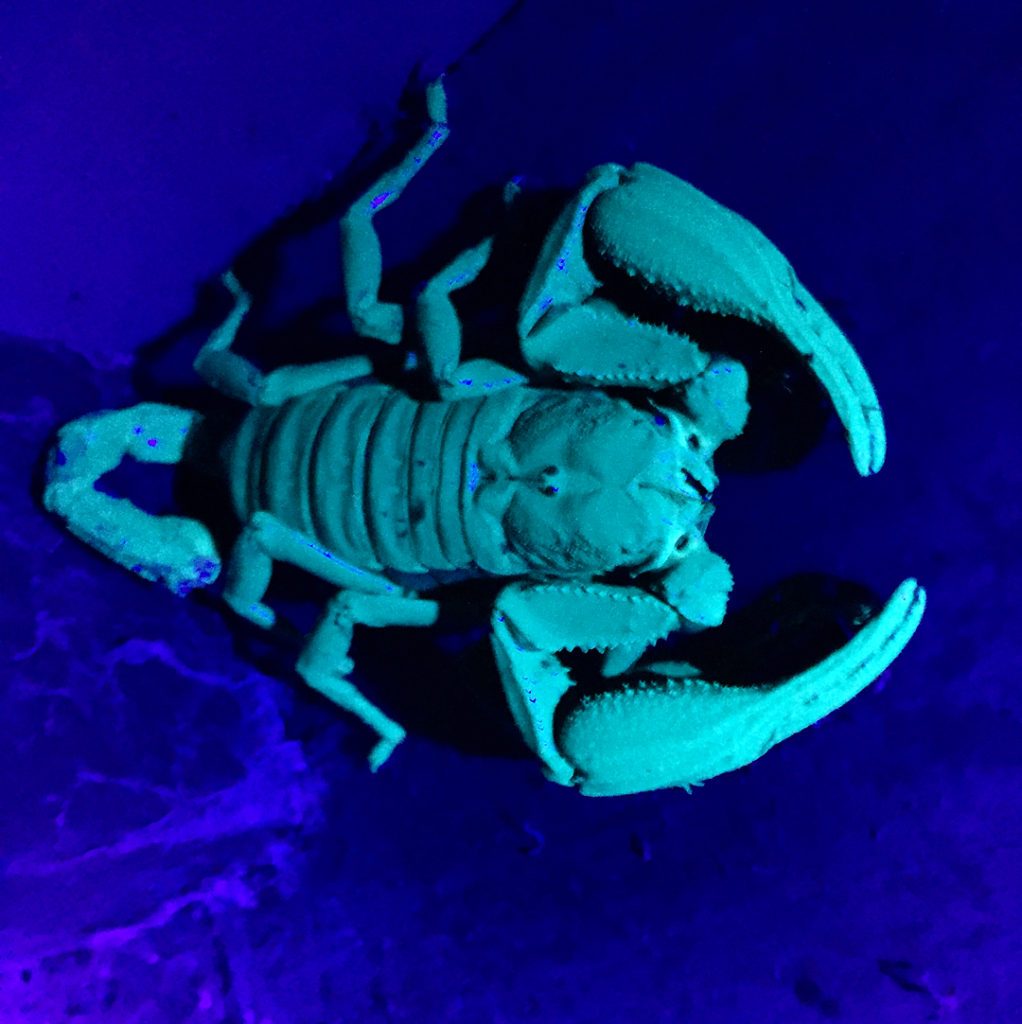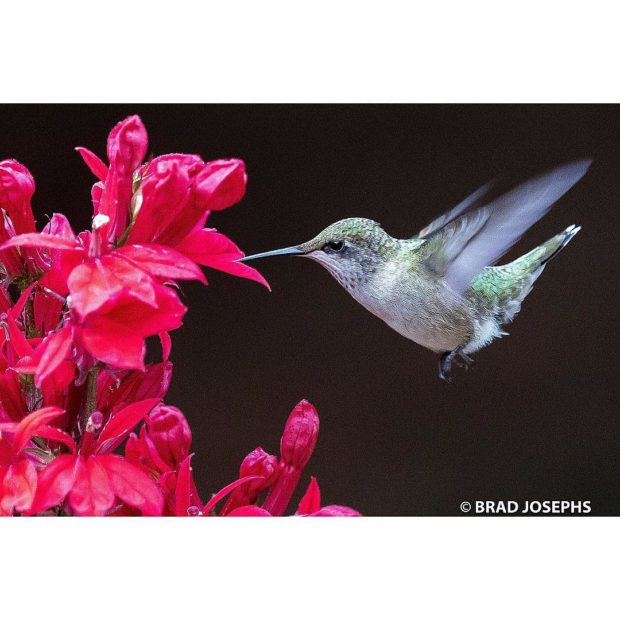In case you missed the April 7 webinar, or had questions that we didn’t have time for, here is the recording and answers. Thanks so much for the interest and the great questions! See my previous post for part 1- how to build a frog pond.
| Does the Mexican Plum have edible fruit? Yes they do! Ours are eaten quickly by squirrels and birds, which is a great way to naturally disperse this treasured species. |
| When you say “native” concerning trees, etc. You are speaking of Arkansas, but please be sure to mention that “native” refers to where you live, not necessarily everything you have in Arkansas. EX: I’m in WA state. so native could be really different. You are correct, I should have been more clear. Every region has its own specific natives, we just used our area as an inspirational example. Joining a local Master Naturalist program is the most comprehensive way to learn how to care for your specific region. |
| I want to plant milkweed, but we have alot of deer and bunnies. Do they love the milkweed? We have only lost milkweeds to herbivores a few times, especially for the early shoots in the spring. You can try putting a small cage around them, or use Repels All, a blood based deterrant. |
| why dont you have fish in your pond? We are afraid the fish will eat tadpoles and the eggs of frogs, toads and salamanders. All other water bodies have lots of predators, and this is a small breeding habitat is less hostile for reproduction. |
| Is there a national native seed database? Yes there is- click here. |
| What do you think about wild bee houses? Yes, we haven’t tried that yet, but just as pollinators need food they also need structural habitat for breeding! Great point! I actually just ordered 3!!! |
| What do you know about Preen? I have stones around my trees, and I put that on to control the weeds in the stones. Is that harmful? Yes, I would highly recommend staying away from preen. “The most common ingredient in Preen products is an herbicide known as Trifluralin (“try-floor-a-Lynn”). Wiki tells us that fourteen million pounds of the stuff is applied to American landscapes every season–and that it’s been banned for use in the European Union since 2004 because of its devastating effects on marine life. The package for one Trifluralin product (“Preen Extended Weed Control”) contains the warning: “This product is extremely toxic to [all forms of fish, including freshwater, ocean-going, and species that live in Estuaries].A different product (“Preen Lawn Weed Control”) carries the same cautions about fish and amphibian kills–but the first listed active ingredient on this one is the notorious 2,4-D–one of the ingredients used in the infamous “Agent Orange” herbicide used to destroy the jungles of Vietnam. As we speak, tens of thousands of Vietnam vets are finally on the verge of being compensated for cancers related to their exposure to that Witches Brew of herbicides. Several medical and epidemiological studies also link 2,4-D to very specific cancers–especially non-Hodgkin’s lymphoma in male dogs and agricultural workers.” Click here to read more. |
| Do you use an aerator? Aeration is very important. Our pond gets dissolved oxygen from our recirculating pump-driven waterfall, and aquatic plants. You can also use a variety of aerators, many now are even solar powered. Some are very pricey, but not all. It depends on the size of your pond and how many plants you have. |
| Does pine bark make the soil acidic? Yes. In our area we have basic soil because of all of our limestone, and our well water in very alkaline. When we plant rhododendrons, hydrangeas, peppers and azaleas, we need to useadditives such as aluminum sulfate for them to succeed. Pine bark is naturally acidic, and over time that acidity can transfer to the soil. Many garden plants grow best in neutral or alkaline soils. … To prevent pine bark mulch from increasing soil acidity in your yard, alternate it with hardwood mulch every two years, or you can add baking soda with water, lime (ground limestone) or wood ashes to increase your ph (less acidic) if that is what the plants you desire prefer. Note- if your soil is too neutral, or high Ph (less acid), the plants will not be able to take in nutrients Read more here. |
| Have you tried organic blood meal to help keep herbivores away? Yes, and have good success, even with moose in Alaska. We use “repels all.” Note- we did add blood and bone meal into our soil one year to feed the soil, and repel herbivores, and raccoons dug up our garden. Raccoons can do tons of damage! |
| I have a storm drain in my backyard that retains water at the bottom and attracts mosquitoes. What would you recommend I use to help mitigate this? Storm drain is concrete with a grate that goes down about 3 feet. If mosquitos are a huge problem, I guess the fast method is to use “mosquito dunks.” We choose not to use this in our frog pond, because we don’t want to interfere with the natural food chain. This is a bacterial product which interferes with larval mosquitos, and other small insects. It is supposed to be safe for all other creatures. |
| Have you tried growing clover in your bare spots? Clover has many amazing attributes- it adds nitrogen into the soil, provides great flowers for pollinators, and herbivores love the nutrious foliage. Many widely available clovers (red and white) are not native to north america, and are technically considered invasive, but do have benefits. There are a number of native clovers, however like springbank clover in the western US. Here is a good article on native alternatives to invasive clovers. |
| Cardinals also love Safflower seeds. They do! |
| Vinegar can be used as a weed killer. Have to be careful when spraying weeds that you don’t spray plants you you want to keep. Add a little soap. Thank You! Great for aphids and won’t really harm anything. |
| There are squirrel baffles that help keep squirrels and raccoons from getting to birds seeds. Look up Wild Birds Unlimited. Great tip, thank you! Cayenne pepper also works well. Visit WILD BIRDS UNLIMITED. |
| I’m out in VA where we have red clay for soil. It makes it hard for gardening. Do you have any tricks or products to help break that clay down to make it easier for gardening and for plants to take root? Adding commercial lime is what is recommended in our region. This really helps native grasses and clover get a hold, which helps the soil. We do lots of raised beds with good soil we prepare ourselves. |
| Hummingbirds love my bee balm. Yes ours too. |
| #BoycottMonsanto YES!!!!! |
| What about mosquito fish to eat mosquitoes? They give them out in California. They are being distributed around the world to control mosquitos, but mosquitofish devour tadpoles and amphibian eggs just as readily as mosquito larvae and so can decimate native amphibians and insects. I would avoid them. |
| What type of milkweed do you have-scientific name? Ours seeds out & coming back in good numbers all trails. It has a tighter pale purple flowers. [S. Ontario}. The species we grow in our region are the following: Butterfly weed (Asclepias tuberosa), common milkweed (Asclepias syriaca), and Rose Milkweed (Asclepias incarnata). The specific species of milkweed that is native to your area will do the best in the local soil and climate conditions. |
| The sun is shining in Ontario-you are making me want to do a roadtrip to your area-hope we soon get Covid under control. Find it interesting you moved from Alaska & I moved from glacial deposit soil area of Saskatchewan with main problem being frost to the clay soils of mid-south Ontario. It can be overwhelming, but also a very stimulating challenge to learn a new place! You have those gorgeous hardwood forests in Ontario! |
| Do I need to have more than one cardinal flower or columbine or other hummingbird plant to attract them or they just haven’t found me yet? The more color and plants the better. Putting feeders up are great to bring them around. Make sure to change water, and really wash them well (bleach or vinegar) once a week or so, maybe sooner in hot weather as mold can become toxic to the hummers. |

native that attracts hummingbirds. It really likes moist soil. We plant our at the overflow spots for the pond.
| Why did you move from Alaska to Arkansas? Work? It sounds like a shock 🙂 It was very exciting. 20 years in alaska was a lot, so the early springs, late falls, biodiversity and cheap cost of living were welcome reliefs! |
| What does in take to introduce garter snakes into a snakeless system? (Seattle ). I am not sure. You can order many creatures on the internet, but make sure it is native to your region! |
| What do you think of mushroom compost or mulch? It’s great in beds, but very dense. I have found that it will kill some of my potted plants, they even reccomend not putting it in pots. |
| What brand is recommended for motion sensored camera? They are all good. You get what you pay for in terms of image and or video quality. Moultrie is a great brand. |
| People should not be digging up plants. In many places it is illegal. Agreed! For the most part, Brad and I move native plants from our forty acres to our garden beds. We normally only move plants that were not doing well, such as being choked out by other plants, or trying to come up in a flood prone sandbar where they are doomed. We also pull from the side of the interstates or major highways where they mow intermittently. We never pull plants from parks or sanctuaries, but it is legal here in Arkansas to pull from roadsides. It is best to order from a local native plant distributor. |
| Is natural cedar mulch okay? It discourages insects and is toxic to amphibians, so… never around a pond. I use it on my staircase where no frogs go every few years when I can’t find any more pine bark. It’s sustainable for the most part and a wonderful alternative to any dyed mulch, which is highly toxic to everything. Hardwood mulch is another very safe alternative, though it can be difficult to find. Cyprus mulch is very safe, but high demand is resulting in disappearance of the beautiful cypress forests in the southern USA. Read more here |
| I just saw in hardware store 20% vinegar as an herbicide. Is this okay? Sure, but again, don’t spray it in high sun. Wait until the evening or do it in early morning so as not to burn the leaves with the sugar it contains. |
| Isn’t there a blight that attacks native dogwoods? I had not heard of this before, but sadly yes. It began 25 years ago in the Northeast USA and is slowly spreading south. It hasn’t reached Arkansas yet to my knowledge. |
| I am severely allergic to bees. Guess I can’t have a hummingbird feeder? We never get bees on our feeders, but we live in a wild area with a lot of flowers. I see a few wasps on it a year, but they are mostly just curious or taking a rest. It’s worth a shot, and you can always take it down if you’re scared. We got our first hummingbirds today. |
| How do you get your cardinals so fat? I feed sunflower seeds? Those images were taken when the temp was around Zero degrees Far, and the birds will puff up their feathers to increase insulation- more air pockets equals better insulation. |
| To keep squirrels away from suet feeders buy the expensive stuff with cayenne peppers to keep squirrels away. Yes! that is a great point. Hot peppers, which have capsicum, evolved to deter mammals from eating fruits, which leave more for birds, which are the best dispersers, because birds have no affect from spicy stuff. |
| i won’t use diatomaceous earth because it doesn’t discriminate between good and bad insects. They all die from it. Gardeners should be warned that d.e. will kill their beneficial insects. Yes! this is an excellent point. We rarely use it, but do sometimes if we have a super slug infestation destroying certain plants. We love our beneficial insects, especially the predators like preying mantis. |
| Any recomendations to naturally kill scorpions without killing other bugs? Not that I know of. I wonder where you are. When I am guiding trips in Borneo or Africa I carry scorpion lights, which are LED black light UV flashlights for detecting Scorpions for the travelers to enjoy. Scorpion exoskeletons light up blue in the light, when nearly nothing else will. They can’t hide! I have given a few to friends here in Arkansas who have infestations in their homes- they can easily see any ones hiding in their closets when you shine the lights in the darkness. Scorpions inside your home not OK, but in your garden they are awesome, super cool super predators. |


| The problem with snakes is you must educate all the gardeners in the area because they chop snake with shovel when they see it. Contractors working on a property do the same thing. snakes get killed fast by non knowledgeable folks. And the cities are not requiring people working there to get training. We couldn’t agree more!! So many snakes are killed from ignorance, and they are very important parts of healthy, complete ecosystems! Thank you! |




No Comments